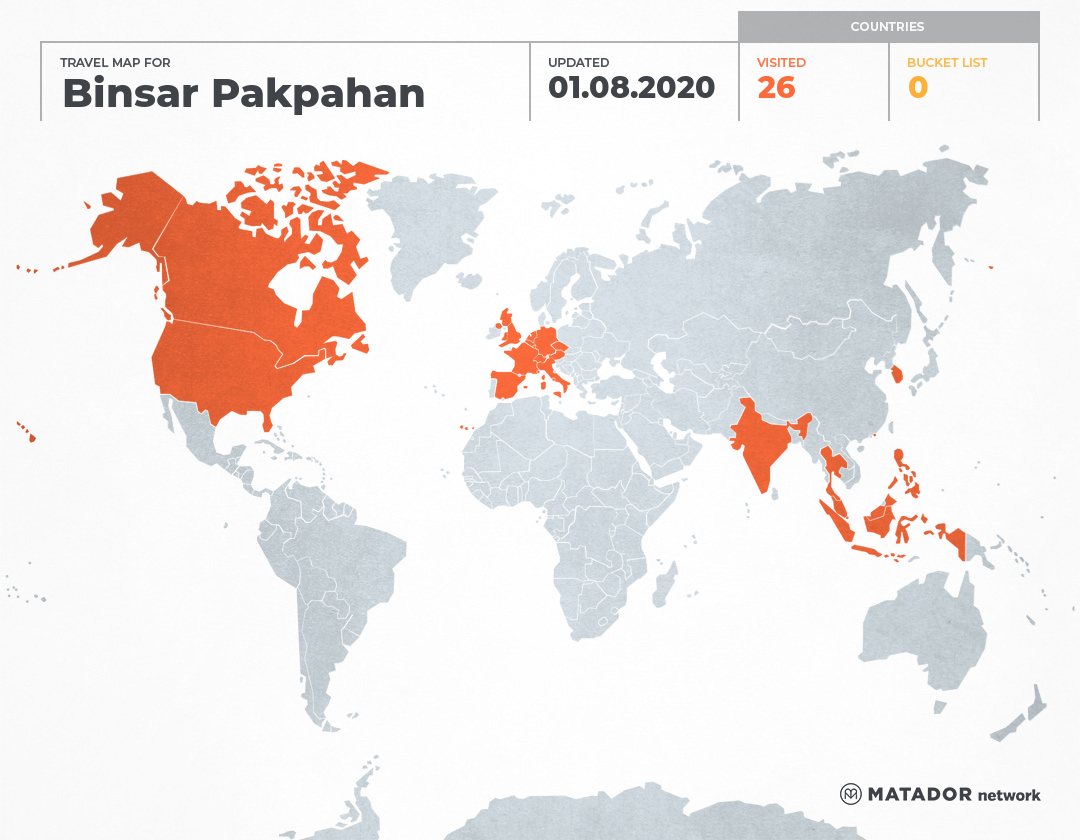Ethnicity and religion are recognized as an immensely powerful basis of collective identity. However, religion is often – if not say always – excluded from social science on collective identity, also vice versa, church ignored sociology as well. As powerful basis of identity, religion and ethnicity are intertwined. These two factors have been influencing one another, therefore it is important to find what is the primary unifying element the two of them: is it religion or ethnicity.
Three models can be used to explain ethnicity and its relation with religion. First, primordialism and universalism: where ethnicity was a priori category, a primordial feature that identified and defined the social group. Religion was part of the identity. It is deep within people and it established their ethnic affiliation and identity no matter what the external realities may be. Religion is a stable, conservative, and traditional social force that keeps ethnic group members true to the ordained order of being. Second, circumstantialism/instrumentalism and particularism: where ethnicity is a variable that depends upon particular circumstances and interactions. People define ethnic identity themselves in response to unique interests, goals, and agendas. Ethnic identity may change as well when interests change. Ethnic groups is not a fixed things, they are formed without shape and content. It is a dynamic process, not a stable given. Religion is not a cause of identity. It is an aspect of the social system. The last one tries to combine them dialectically, which is constructivism: where in the constructivist approach there are two facets to expressions of ethnicity: 1. the primordial: ethnic identity is expressed in terms of cultural features which are said to be ancient and perceived to be a priori charactheristics by which its members define the group in distinction to other groups. 2. circumstantial: an ethnic identity is expressed in varying intensity through the interactions of the group and its members with neighboring groups as individuals are mobilized in response to issues which focus group in opposition.
From the models above, it is obvious that ethnicity and religion interact each other. Ethnic change can influence religion and vice versa. They both intertwined and a radical change of either one of them can lead to a change of identity. How can these models help us identifying the problem of violence within ethnical tensions that happens throughout the world? How can I relate it with my own church the Batak Protestant Christian Church (HKBP)? Does ethnic church really have to unite into one national church (as John Titaley mentions), and does ethnic churches have failed to stop the ethnical tensions in Indonesia?
My church, as a Batak church understand itself as a place of communion of people from all groups, realms, and tribes, in Indonesia and the world, who are baptized in the name of the God the Father, Jesus Christ his Son, and the Holy Spirit. The Church is a realization of the body of Christ, who confess the unity of believers throughout the world (The 1982 HKBP Constitution and Confession, verse 1). This is interesting, because the Church already use the Batak word as their name, nevertheless confesses that they are a place of communion of all believers.
The Batak people understand ethnicity within the primordialism and universalism model. That is why, in my opinion, HKBP use Batak identity within the Church itself, it is because of their ethnical identity. That is why people will directly identify HKBP as an ethnic church, while they are ambiguous about their own identity. In one point, they want to be in the communion with all believers in the world, and nevertheless still uses Batak language as their main language. Surprisingly, according to one of the survey made by the church, many of the members of the congregation felt that the use of Batak language help them to stay in the church.
I believe that HKBP needs to reflect more about their own ecclesiology. Although the Church has already open themselves to new changes – i.e. non-Batak ministers and members of congregation – HKBP needs to stress more on returning to the absolute authority of the Word of God in all aspects of life, the Lordship of Jesus Christ, the call to service, and not to dominion of office-bearers. I believe that one Catholic Church is needed, that in Christ there are no Jews or Greeks. The question remains, as Aritonang also puts it, how can churches see the growing awareness of differentiated ethnical identities as a challenge for Christian theologians to re-evaluate the ethnic traditions in a positive way? Should we really leave out the identity from ethnicity to become the one Catholic Church? Can’t we be one and catholic yet still holds the particularity of our own ethnicity? If we could, the question then is: how can we have it or maybe where should we have it and when do we really need to have it?
I agree that churches have to rethink how they can arm themselves with these two expressions: religion and ethnicity, so they are better equipped against ethnical tensions in society and church. The Protestant churches need a deeper theological analysis of their own ecclesiology, especially on the relation of the two aspects. However, I have to admit that I am still a bit stubborn with my identity. Do Christ want churches to become one as a united churches? When the Barmen declaration says, “the Christian church is the community of brethren in which, in Word and Sacrament, through the Holy Spirit, Jesus Christ acts in the present as Lord,” I understand this term as community, and not stressing on the unity. Community presupposes differences. God created us in our differences, and it is good. I believe that there is a catholic church, and we must be fully aware of it, nevertheless how, when, and where might be the questions that I would ask afterwards. I am still struggling with this.
Viewed 14420 times by 4002 viewers




